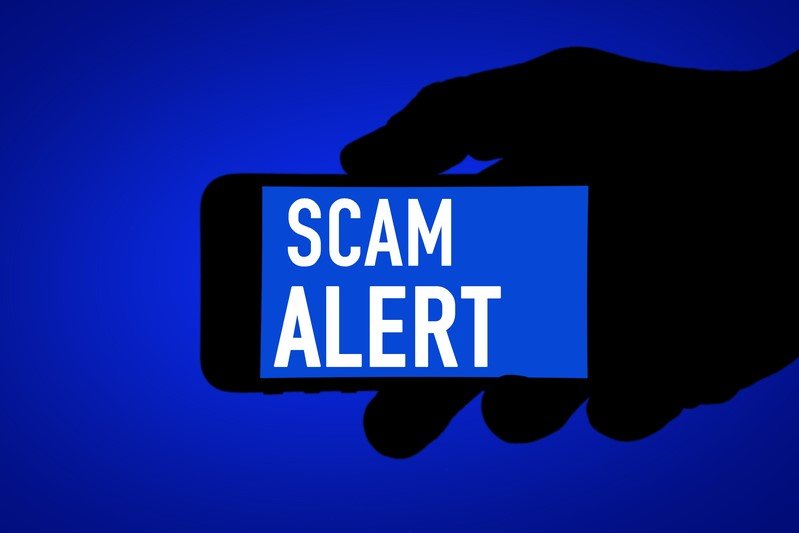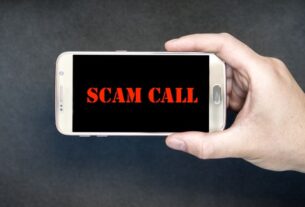Warning: Beware call from 01330202234 / 01330 202234 / 1330202234 / 01330-202-234 / +441330202234 / 441330202234 / +44 1330202234 in UK
Spam calls have become an annoying and persistent issue in today’s digital age. One such recent concern revolves around calls from the number 01330202234 with a UK area code of 01330. In this article, we will delve into the details of this particular spam call, the 01330 area code, and provide answers to frequently asked questions to help you navigate such situations.
Spam Call Alert: 01330202234 in the UK
The 01330 Area Code
The 01330 area code belongs to the UK and is specifically associated with the town of Banchory in Aberdeenshire, Scotland. This area code is legitimate and not inherently linked to spam calls. Many businesses and individuals use it for legitimate purposes. Scammers often spoof their phone numbers to appear as though they are calling from a local area code, such as 01330, to increase the likelihood of someone answering the call.
Identifying Spam Calls
If you receive a call from 01330202234 or any other suspicious number, be cautious. Some common signs of spam calls include:
- Calls from unknown numbers.
- Robocalls or automated messages.
- Unsolicited offers, especially those requiring personal information or payment.
- Calls threatening legal action or immediate consequences.
What to Do if You Receive a Spam Call
- If you suspect a call is spam, it’s best to:
- Do not answer or engage with the call.
- Block the number on your phone to prevent future calls.
- Consider using call-blocking apps or services.
Report the call to your local regulatory authority or the Information Commissioner’s Office (ICO) in the UK.
FAQs About Spam call 01330202234 in UK
1. What is the 01330 area code?
The 01330 area code is a geographic area code in the United Kingdom, specifically covering the Royal Deeside region in Scotland. It is used for landline phone numbers in this area.
2. Why am I receiving calls from 01330202234?
If you are receiving calls from the number 01330202234, it could be a spam or fraudulent call. Scammers often use fake numbers to trick individuals into answering their calls.
3. Are these calls dangerous?
While not all calls from this number may be dangerous, it’s essential to exercise caution. Some spam calls aim to gather personal information, scam individuals out of money, or engage in other fraudulent activities.
4. How can I protect myself from spam calls?
To protect yourself from spam calls, consider the following steps:
- Do not answer calls from unknown numbers.
- If you do answer and suspect it’s a spam call, hang up immediately.
- Use call-blocking apps or services provided by your mobile carrier.
- Register your phone number on the national “Do Not Call” registry.
- Be cautious about sharing personal information over the phone.
5. Can I block the number 01330202234?
Yes, most smartphones allow you to block specific phone numbers. Check your phone’s settings or contact your mobile service provider for assistance.
6. Should I report spam calls?
Yes, it’s a good idea to report spam calls to your mobile carrier and any relevant authorities, such as the Information Commissioner’s Office (ICO) in the UK. Reporting such calls can help prevent them from affecting others.
7. What is the government doing to combat spam calls?
Governments around the world, including the UK, are taking measures to combat spam calls. They are implementing regulations, fines for violators, and working on technologies to detect and block spam calls more effectively.
Conclusion
Spam calls can be frustrating, but understanding how to identify and handle them is crucial. The number 01330202234 may raise concerns, but it’s important to remain vigilant and cautious when dealing with any suspicious call. By following the guidelines provided and reporting such incidents, we can collectively combat spam calls and protect ourselves from potential scams in the digital age.



